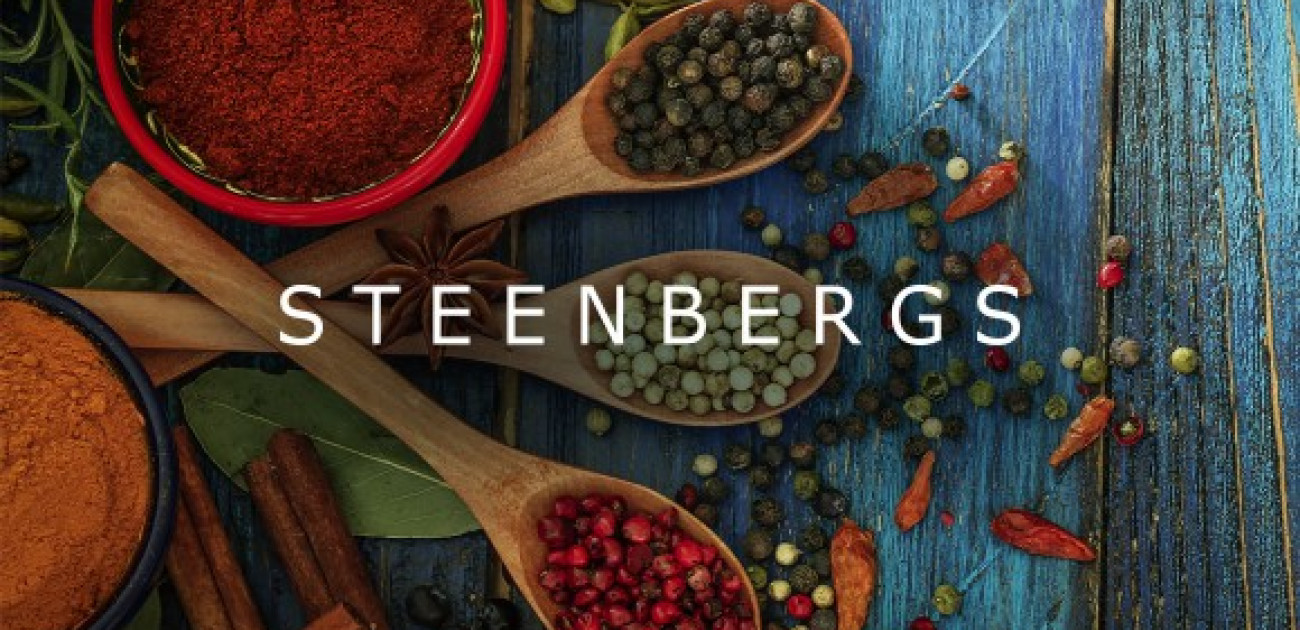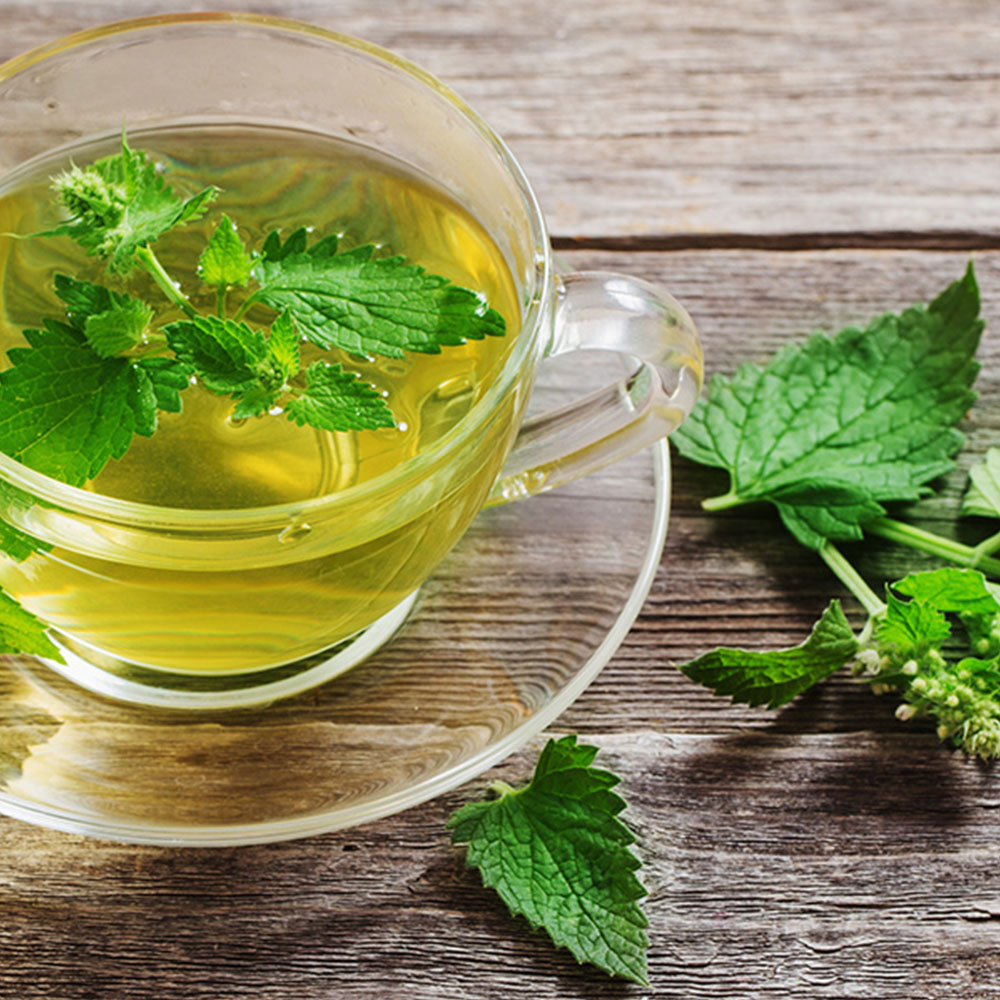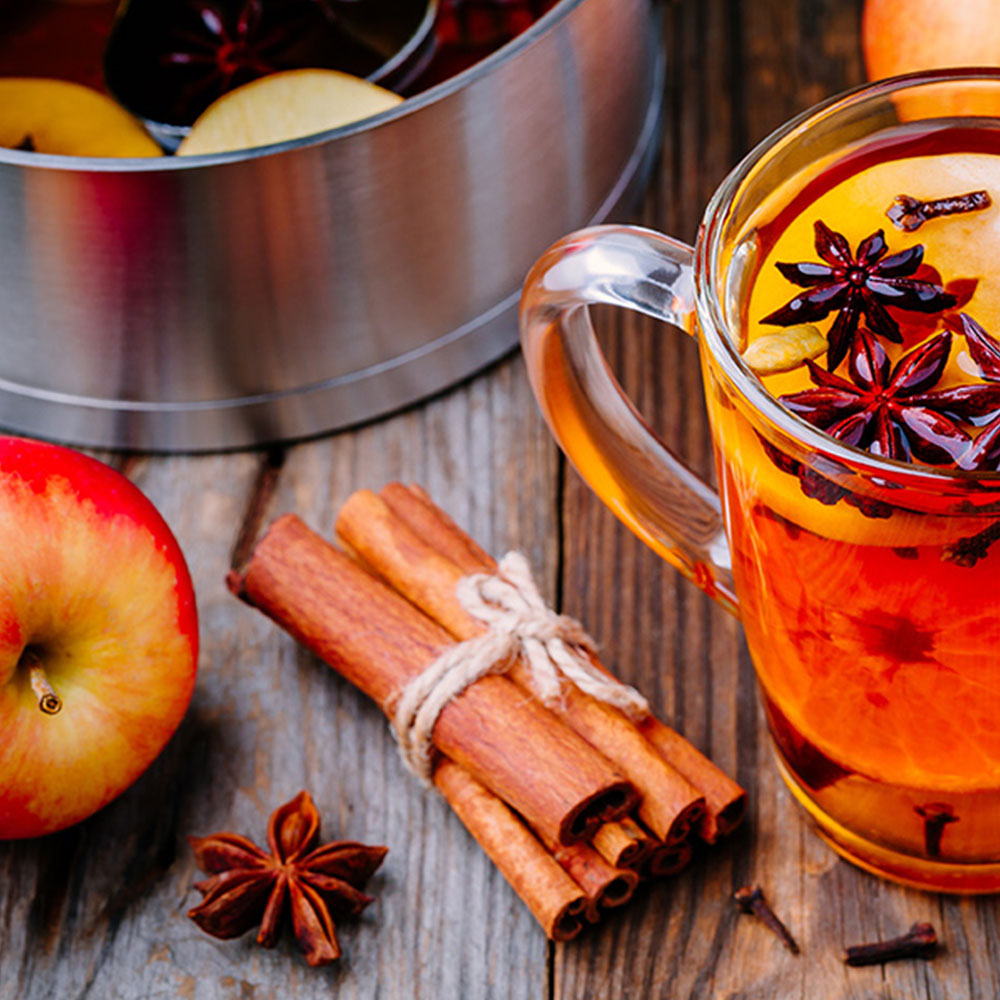21 May 2009
What has Steenbergs done for Fairtrade?

When Sophie and I founded Steenbergs way back in 2003, there was no such thing as Fairtrade spices and herbs. This came as a bit of a surprise to us, as it was one of the key founding principals on which we had intended to base our business. So we decided that we would try and influence Fairtrade to get rules in place for spices.
We did 2 things:
(i) Becoming a Fairtrade trader: by 2004, we had got ourselves accredited as a Fairtrade trader in teas with FLO-Cert in Bonn, Germany, as well as launching our Fairtrade loose leaf teas. We started with a fantastic Earl Grey from Sri Lanka and a Special Finest Tippy Golden Orange Pekoe from Ambootia Estate from 2004 Autumnal picking, which I still reckon to be one of the best Darjeelings I have ever drunk; the later Ambootia’s that we have purchased since have never quite had the same depth of character.
This initial application process entailed completing detailed business plans about what we could offer the Fairtrade movement and how we would seek to develop the market. It was a fairly onerous process and we only just managed to squeak in with some help/support from Ben Kaukler at TopQualitea.
While we (as in Steenbergs Organic) have not perhaps been particularly successful in the tea area to date, I think we will get there with our Fairtrade chai teas; in hindsight, it was perhaps naïve to believe that we could have any meaningful impact on the UK tea market or even the UK Fairtrade tea market. Clipper and others had stolen a march on us by at least 10 years and were doing really very well, thank you.
Our tea remains a really good cup of tea and our Fairtrade chais are (in my biased view) the best on the market, but it will take some time to make a difference; we will carry on pushing and prodding away at the market. Whatever else, becoming a Fairtrade trader for tea gave us a firm starting position for pushing on with Fairtrade spices.
(ii) Lobbying for Fairtrade spices: we put forward the case for Fairtrade spices. We prepared really quite detailed proposals on making pepper Fairtrade, followed up by our own very detailed financial modelling on the impacts of conventional farming on farmers’ effective wages at the farmgate and the impact of global market forces on pepper farmers’ earnings and their ability to pay down loans taken out for fertilisers, pesticides and machinery. I will put the original proposal on as the next blog.
The way I see it is simple. It is not reasonable to live in a country with massive wealth and huge social protection via the welfare state and yet willingly to purchase goods from countries that have low levels of individual wealth, no welfare state and no social protection. It’s as if we are happy to export poverty from the UK by enslaving people overseas, but that’s okay because the separation of a pair of jeans from the original manufacture is so great that we have no feeling or resonance with the conditions under which the original jeans were made. There is no way that you can make a pair of jeans to sell for £3 or even £10 and meet the standard of welfare that the end consumer in Britain would ever be happy with – when I was young my mum bought a pair of Geordie Jeans for £15 in the 1980s and that was regarded as cheap then and they were really horrible.
Furthermore, I have never quite understood the economic value of money from a theoretical perspective. Why is $1 worth so much more in India or Indonesia than in the US or the UK? I get most of the way there but then there always appears to be a mismatch of at least 20% that cannot be explained by economic theory or factors, i.e. it’s as if we benefit from an extra bit of inflated value for the money in our pocket versus the same dollar in India or Indonesia.
Going back to spices, there is something obscene about buying cheap own brand spices from Asda or Tescos. The buyers at these multiples constantly seek to screw down the price of the individual spice without any consideration of the impact of their actions on the actual farmers who tend the original plants – note this important fact it is not the multiple that bears the financial impact of their promotions but the suppliers who pay for it (so the multiple gets the marketing benefit of the price reduction but does not bear the cost – that’s great business Mr Tesco if you can get it). So a buyer who is paid around £30,000 - £50,000 plus benefits spends his/her day seeking to squeeze a few extra pennies from the spice prices, but that 5%-10% reduction feeds its way back to smallholder farmers on a subsistence wage in the developing world.
But this reduction or discount magnifies itself as it goes down the chain of supply, partly because of the impact of the purchasing power of the £ or $ as it goes from the developed world to the developing world but also because many of the farmers are already at the margins of subsistence. Let’s assume the smallholder sells 1 tonne for $1 per kg, so he earns $1,000 for his work and so he can pay his costs of say $200 and a living wage of $800 per annum to support and extended family of 10 people, or more. Now we reduce his earnings by 10%, so his wages go down 12.5% (because of the costs of $200). But if he was on a subsistence level at $1, he is now pushed even further below a living wage and must reduce his investment in his land or reduce the nutritional value of his family’s food or even go to work in a city and leave his family to tend the farmstead.
The impact was recently even greater for vanilla where loans taken out to develop new vanilla farms when vanilla was trading in the UK at $500/kg in 2005/6 were crippling when it crashed to prices more like the current 2009 prices of $20/kg. Steenbergs pays over €50/kg for our Fairtrade vanilla beans which is the effective Fairtrade floor – this proves that Fairtrade can work and provide a floor for prices, but it is unfortunate that consumers/ grocery multiples have not switched enough to Fairtrade vanilla to give a large enough marketplace to mop up all the available supply with growers. It would help if chocolate makers committed to using Fairtrade vanilla in all their Fairtrade chocolate, for example Cadbury's with their Dairy Milk bar or their Green & Black's bars.
Well we got there and spices became Fairtrade in 2006 and Steenbergs was one of the first three to start trading and marketing Fairtrade spices in the world – the other two businesses were Italian. While we have had little impact to date in Fairtrade tea, I feel we have had some small impact with Fairtrade spices. Perhaps not in actually getting as many sales as some of our competitors (as our competitors like Bart's and Seasoned Pioneers are in the supermarkets while Green Cuisine provides own label to the wholefoods distributors like Crazy Jack's, Essential and Suma), but indirectly by forcing our competitors to launch Fairtrade spices within their range whether they like it or not (i.e. you can almost imagine a supermarket buyer twisting the arms behind the backs of their suppliers and saying "do Fairtrade or else we will give the business to those upstarts at Steenbergs").
But what has this meant in practice for us?
Firstly, we have to hold stock of the Fairtrade spices and extracts that we offer to the food industry. So we need to hold stock of organic Fairtrade vanilla extract to go into chocolates for Divine and Traidcraft and we need to hold Fairtrade spices for Green Cuisine so they can do the own label Fairtrade spices of Essential Trading and SUMA, as well as sometimes supplying Seasoned Pioneers for their Fairtrade products.
Secondly, we must register new products via Form B with the Fairtrade Foundation to ensure that it is registered and logged with Fairtrade as a genuine and valid product. We are always trying to find new ways to make some of our other products Fairtrade – we have done Fairtrade flavoured sugars and now have Fairtrade chai teas and soon Fairtrade curry powders and Fairtrade mulling wine spices. We still try to lead the market in this area by pushing the boundaries of what can be done; our view is that, even if we don’t get noticed by the bigger specialist shops or the UK supermarkets, it may indirectly force our competitors to close out the competitive threat that Steenbergs poses, by being able poentially to squeeze a Fairtrade product onto the shelves at one of these stores, by launching their own Fairtrade spices or flavoured sugars or mulling wine spices.
Once the product has been approved by The Fairtrade Foundation, we must then get sign off on our packaging by their Marketing team – this is an area where we are currently trying to improve our performance. Our products have been perhaps a little bit samey and have had an earthy organic style, but we now recognise that we need to improve their shelf appeal, hence we are trying to put more design effort into some new products. We have sexed up our organic Fairtrade vanilla extract with a more exhilarating and eye-catching design, as well as putting it into a wider range of new organic extracts that should improve their overall appeal to potential buyers.
Thirdly, we must complete quarterly returns detailing all our purchases and sales of Fairtrade ingredients from all our suppliers and to all our customers. This, also, includes all the sales of retail products that we have sold. We show on these returns that (a) we have paid at least the Fairtrade minimum price; (b) we have paid the Fairtrade premium to our suppliers; and (c) we have paid the separate Fairtrade licence fee to the Fairtrade Foundation.
Fourthly, we are subject to external audit by Product Assurance International to monitor our compliance with all the requirements of our Fairtrade agreement with the Fairtrade Foundation with regards to record keeping and paying the correct prices. Our next audit is in June 2009.
While we sometimes get frustrated with the bureaucracy of Fairtrade, this is probably really a frustration that comes of being a very small business (we’re only 9 people in total), an impatience to grow our business to a better size and a sense that our motives are often misunderstood so we want people to understand what we’re about as a business (Steenbergs Limited) and as people (Axel and Sophie Steenberg).
We’re by nature quiet and don’t shout from the roof tops so we’re not great salespeople or marketeers, nor are we committee people who want to spend their lives getting involved in the nitty-gritty of Fairtrade. But in our own quiet way, we think we have made a small contribution with Fairtrade spices. And while spices are a really small market compared to tea, coffee, bananas or cotton and while the stories of banana and cotton workers are maybe more harrowing, we feel the imbalances and vagaries arising out of global free trade are still very important concerns for the spice farmers and their families throughout the developing world, and though spices are small things they can be really and truly beautiful, just like their growers.




